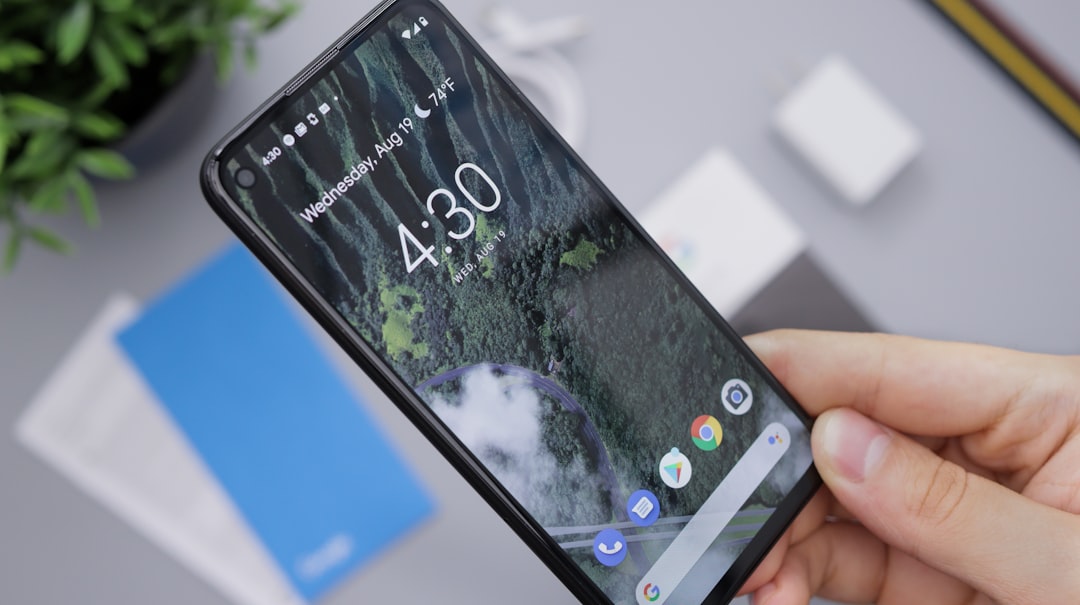New Jersey's strict consent laws regulate autodialer use, protecting residents from unwanted calls. Businesses using autodialers face significant fines for non-compliance and must ensure explicit written consent, opt-out rights, and transparent marketing practices involving autodialer attorneys to navigate complex regulations effectively.
In the dynamic landscape of telemarketing, understanding consent laws is paramount, especially when utilizing autodialers in New Jersey. This article delves into the intricate details of consent regulations specific to New Jersey and their impact on businesses employing autodialing technology. We explore the role of autodialers in modern marketing campaigns while highlighting the legal implications and best practices for industry professionals, emphasizing the importance of compliance with local laws. Engage with this guide to navigate the legal intricacies surrounding autodialer attorneys in New Jersey effectively.
Consent Laws in New Jersey: A Comprehensive Overview

In New Jersey, consent laws regarding autodialing are stringent and designed to protect citizens from unwanted phone calls. The state has strict regulations in place to ensure that businesses and individuals using autodialers obtain explicit permission before contacting consumers. These laws are enforced by the Attorney General’s Office, which actively pursues legal action against violators.
New Jersey’s consent laws for autodialing cover several key areas. Businesses must secure written consent from recipients before making automated calls, and this consent should be freely given without coercion or deception. Consumers have the right to opt-out of such calls at any time, and businesses must honor these requests promptly. Violations can result in significant fines and legal repercussions, underscoring the importance of adhering to these regulations for autodialer attorneys in New Jersey.
The Role of Autodialers in Telemarketing Campaigns

In today’s digital era, telemarketing has evolved significantly, and autodialers have become a cornerstone of many businesses’ sales strategies. These advanced systems automate the process of making outbound calls, allowing companies to reach a vast audience in a fraction of the time it would take manual dialing. Autodialers are particularly prevalent in New Jersey, where numerous businesses operate, and they play a pivotal role in marketing campaigns across various sectors.
Autodialer attorneys in New Jersey often find themselves navigating complex legal landscapes surrounding these technologies. With the rise of automated calls, consumer privacy concerns have increased, prompting stricter regulations to protect individuals from unwanted or abusive telemarketing practices. Understanding the nuances of consent is crucial for businesses utilizing autodialers to ensure their campaigns remain compliant and effective.
Legal Implications and Best Practices for Businesses

In New Jersey, the use of autodialing systems by businesses comes with significant legal implications. The state has strict regulations regarding telemarketing and automated calls, emphasizing the importance of consumer consent. Failure to adhere to these rules can result in substantial fines and legal repercussions for companies and their autodialer attorneys. Businesses must obtain explicit opt-in consent from recipients before initiating automated phone calls, ensuring compliance with the Telephone Consumer Protection Act (TCPA).
Best practices for businesses involve implementing robust internal protocols to manage consumer data and preferences. This includes maintaining an up-to-date do-not-call list, providing clear and easy opt-out mechanisms during each call, and regularly reviewing and updating privacy policies. By prioritizing transparency, consumer rights, and responsible marketing strategies, companies can mitigate legal risks and foster trust with their customers, leveraging autodialer attorneys in New Jersey to navigate these complex regulations effectively.






